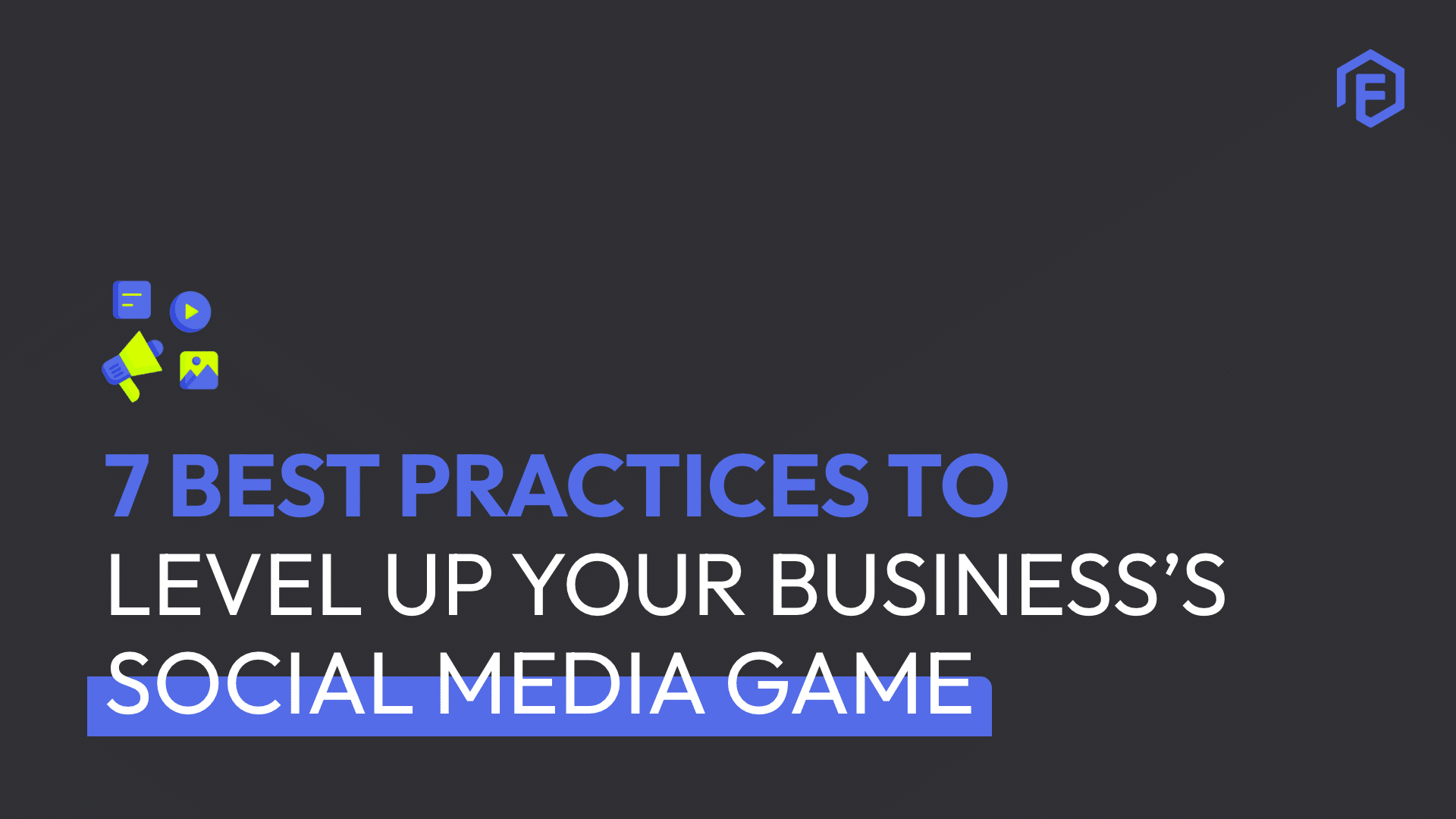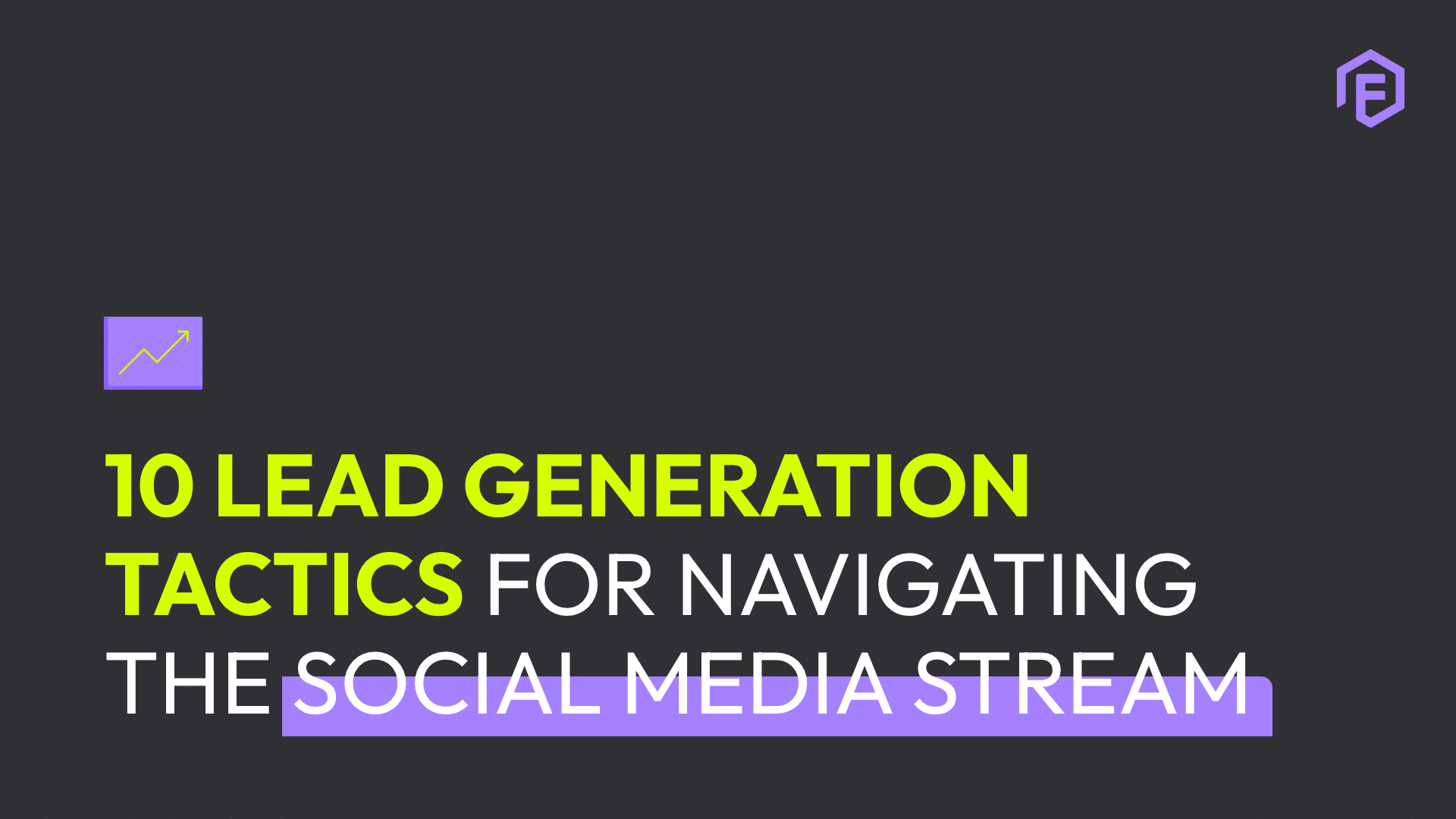UX matters because most users do not have the time to casually explore your website and what it has to offer. No matter what you are designing, a website or app, there are fundamental usability and user behaviors that need to be considered. For example, when designing for mobile, users are much more prone to be interrupted whilst navigating your website with much less screen real estate, but with a desktop it’s a different story; users tend to be interrupted less and have much more screen real estate that can show more information.
What this means is that every single bit of information needs to be purposefully determined to meet both the end-users and business goals. You can focus on prioritising one over the other, but if you skew the design decisions based on business requirements, that will without a doubt lead to poor UX and vice versa; If we only listen to users, we might not meet the business requirements.
Find out more about why online design and UX matters here.
But still, why do UX?
Why spend time and money to improve UX on your website? Because UX affects the businesses bottom line in this digital age.
We live in an era where users find themselves in an environment that is fast-paced, highly competitive and are in most cases given many options to choose from. This means that any usability issue that may arise is one solid way to push a potential customer right out your digital door, and never look back.
Think about this analogy – Imagine a customer walks into a retail store with cash in their hand ready to spend, and they are presented with physical hurdles restricting their movement in-store. Or perhaps the customer is currently reading through information about a product they are interested in buying and out of nowhere an obnoxious salesperson approaches them and tries to sell them something the customer is probably not interested in at all. Now the customer needs to interact with this person to dismiss them. Ask yourself: How many times have you felt uneasy when someone accosted you?
We can go on forever with this analogy, but the main thing to keep in mind is that we behave and live with purpose in the physical world. We plan and action things, from big life-changing goals to those minute-long tasks. We need to bring the mental models that people currently possess in the physical world into the digital world and look after them in the exact same way. In a nutshell, any hindrance or hurdle presented to the user during any given journey will push them further away from taking that same course of action again and their opinion about you might change. So, in the end, we need to design with their journey and purpose in mind, and not the other way around.
Beyond digital experiences
UX also goes a bit beyond just making people’s lives easier. If applied consistently and with purpose, it can also lead to users loving a brand or product which in turn means that they’ll trust you, become regular customers, will recommend your website to other potential users, and have stories to tell about the experience you’ve offered them.
Think Apple, you can be a fan or not, but their users tend to share real stories and experiences that are related to the brand. Their marketing team leverages these stories too as they use those real experiences to sell their products that in turn sell even more products. It’s the beauty of the UX loop.
User experience design can be an untapped potential revenue resource.
Back to web design
When it comes to websites, we HAVE to talk to real end-users, we need to understand their needs and behaviours to truly design meaningful experiences which at its core, is what makes good UX.
Here are some important steps that you need to consider during the design process:
Conducting real user research
Without any research, you will never know what problems real users are facing and how you need to solve them. Research is the foundation of good UX, a project done without research is just a project filled with expert assumptions.
Going deeper with information architecture
Based on your research findings, you need to structure the solution that makes sense to your users. We do this with the use of understood taxonomies, content strategy and applying that to form the site or app’s structure. This will allow your users to easily find the exact information they need, at the right place, at the right time.
Applying usability and accessibility principles
You might have a great-looking website or app, but if a user interacts with it and they can’t complete their goal, there’s clearly a usability issue. Usability cannot be an afterthought; every single design needs to be built on these usability principles: effectiveness, efficiency, learnability, error prevention and memorability. By adapting your designs with the guidance and understanding of these principles, you’re well on your way to making your website much easier to use.
Anchored to usability is accessibility, in some countries it is a legal requirement to design with accessibility in mind. We need to think about the minority of users with visual, motor, auditory and cognitive disabilities. Additionally, designing with these issues in mind might even improve the website for broader users too.
When in doubt, reach out to experts like us here at Flume, we can help lead you down the right path to unlocking meaningful experiences for your users.
Learn more about what makes good UX Design here.
Here at Flume, our clients come first. We offer various services, including web, app, platform production, SEO, Data Analytics, digital strategy, creative production, and publishing. Whether you need to revamp your website or create engaging social media content, Flume has the expertise to make it happen. So why wait? Contact us today to learn how Flume can help your business thrive in the digital world!



